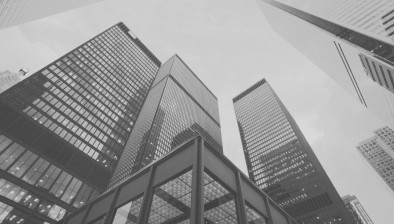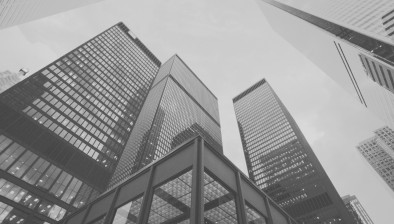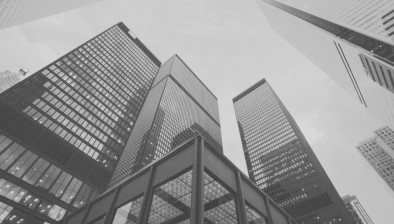Property taxes in Scotland up nearly two thirds compared to pre-pandemic

David Alexander
Property taxes in Scotland have increased by nearly two thirds compared to the pre-pandemic period according to analysis of the latest statistics by property firm DJ Alexander Ltd.
The Edinburgh-based firm said that the Scottish Government revenues from Land and Buildings Transaction Tax (LBTT) increased by 64.3% in the 12 months to September 2022 compared to the year to September 2019.
Revenues received totalled £623.8 million between October 2021 and September 2022 compared to £379.7m in 12 months to September 2019. The last three months alone have brought in £191.5m and are the three highest totals since LBTT was introduced in April 2015.
Last month just 1,720 homebuyers paid 83.5% of all tax totalling £37.9m out of a total of £45.4m collected. The 10% tax rate begins for all properties sold for £325,001 or more and each homebuyer over this threshold paid an average of £22,034. For properties sold for more than £750,000 just 130 people paid £85,384 each on average contributing £11.1m which equates to nearly a quarter (24.4%) of all tax raised.
Over a quarter (27.3%) of all revenue raised through the additional dwelling supplement (ADS) was paid by landlords, property investors, and second homeowners contributing £170.4m over the last year. In the last three months alone, the ADS has raised £51.4m.
David Alexander, CEO of DJ Alexander Scotland, commented: “The property market has been booming and one of the principal beneficiaries is the Scottish Government through LBTT.
“Politicians like to say that they want those with the broadest shoulders to contribute the most and it is clear that 130 people in Scotland are doing just that. Almost a quarter of all tax raised from so few people indicates just how dependent the country is on so very few people to raise such a large sum of money per household.”
“At its heart LBTT, like Stamp Duty Land Tax (SDLT) in England, is a simple cash grab for all governments. You can’t hide a home, so you simply have to pay up or move to somewhere where the purchase costs are not quite as punitive.”
Mr Alexander continued: “As the housing market slows, so these revenues will slow, and the government will lose income. The reduction in rates and thresholds in England announced by the previous Chancellor are remaining in place presumably as a boost to the slowing housing market.
“If the Scottish Government decides not to follow suit, then there is the very real risk that our market will slow much further and faster than the rest of the UK which will be harmful both to individuals and the wider economy.”
He concluded: “If we are to be seen as a progressive country wanting to attract the brightest and the best then we must ensure we have a property tax regime which is fair and at least as competitive as our nearest neighbour.
“However, with a 10% rate of tax kicking in at the relatively modest price of £325,001 we risk penalising the backbone of the workforce such as nurses, teachers, office workers and others who are being asked to pay substantially more in property tax than their English counterparts.
“If these people vote with their feet and decide that moving to Scotland to work is prohibitively expensive, then we may continue to find serious labour shortages in key sectors in the coming years.”










